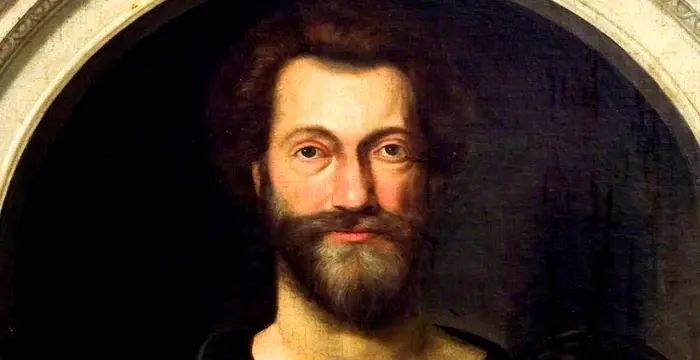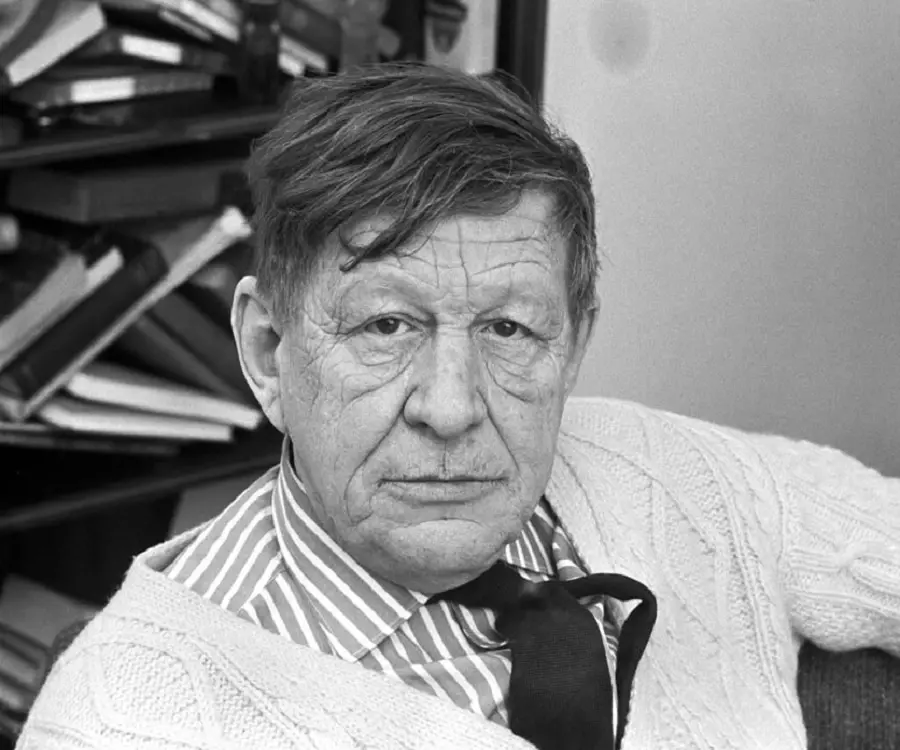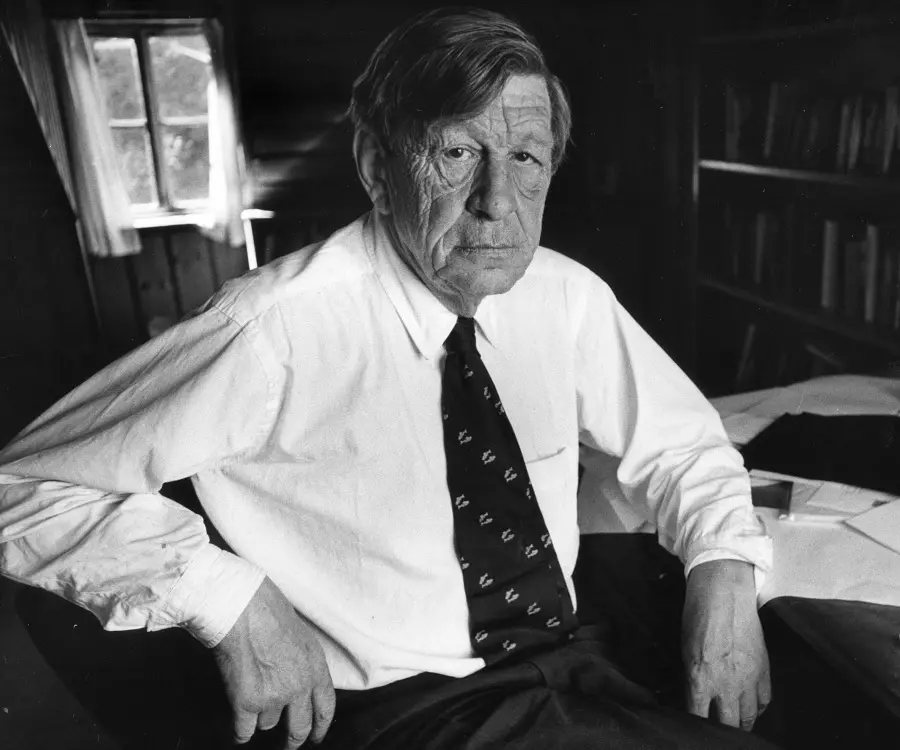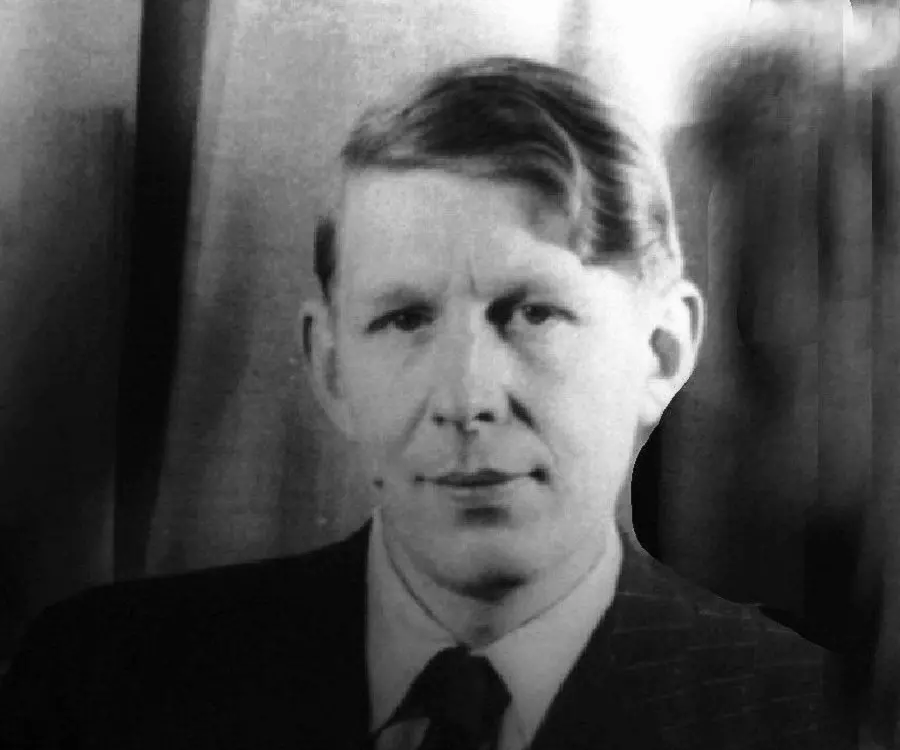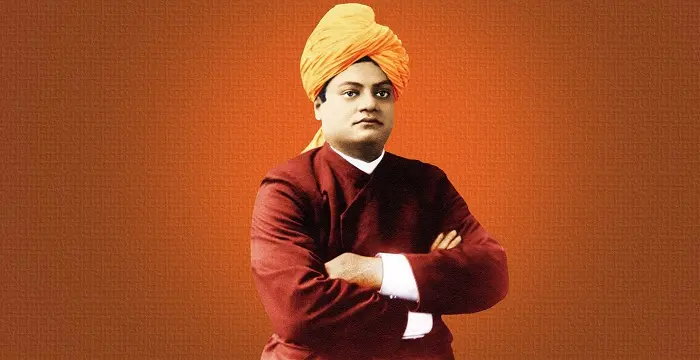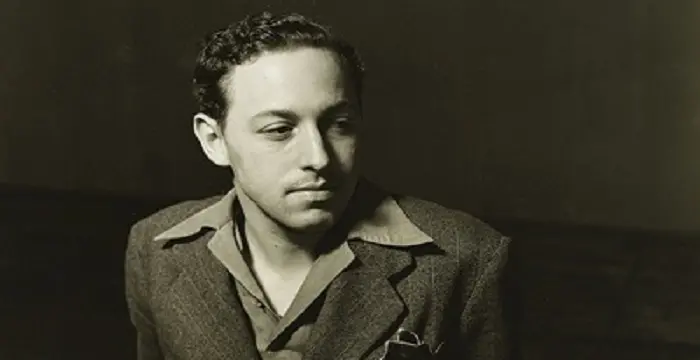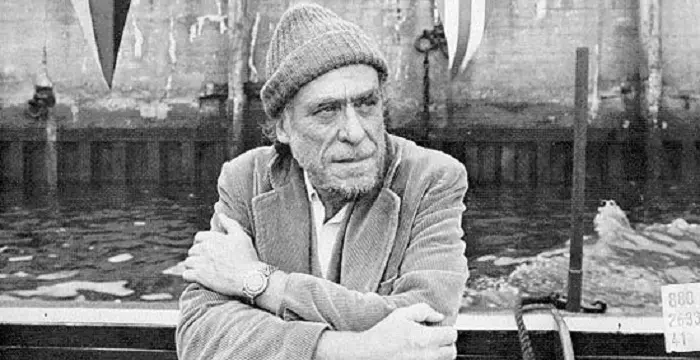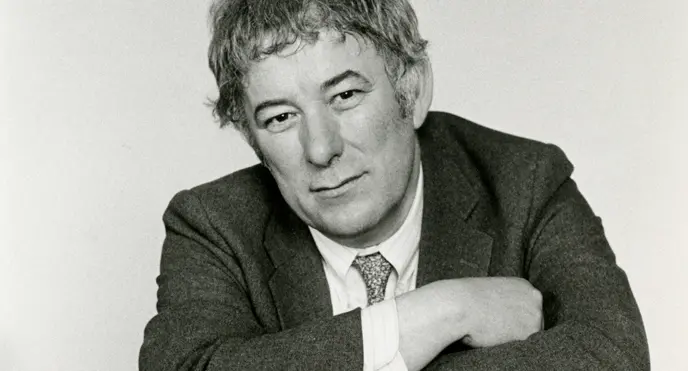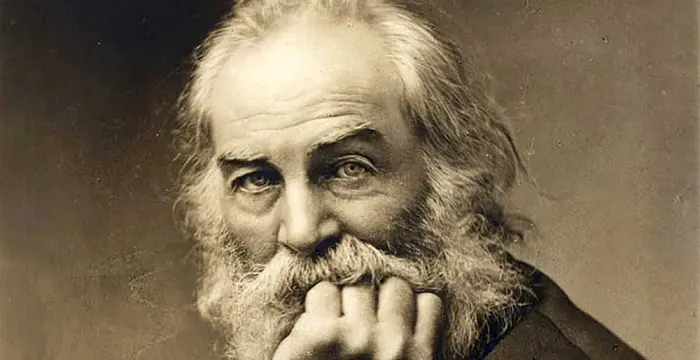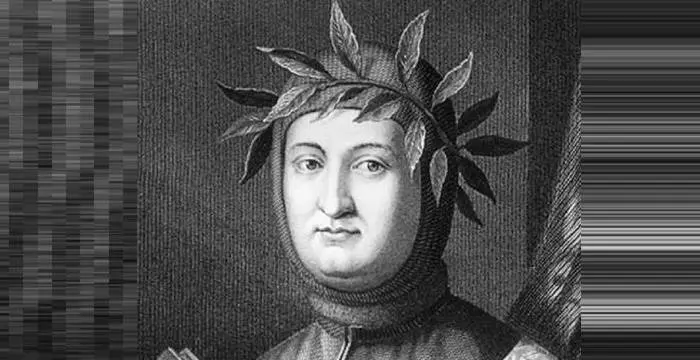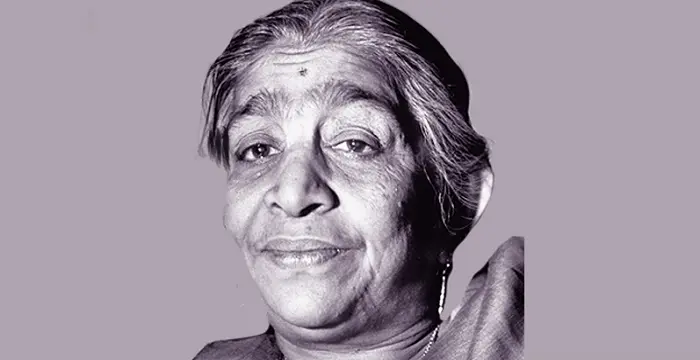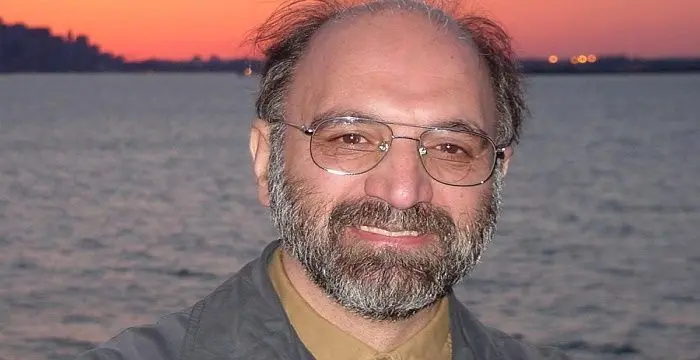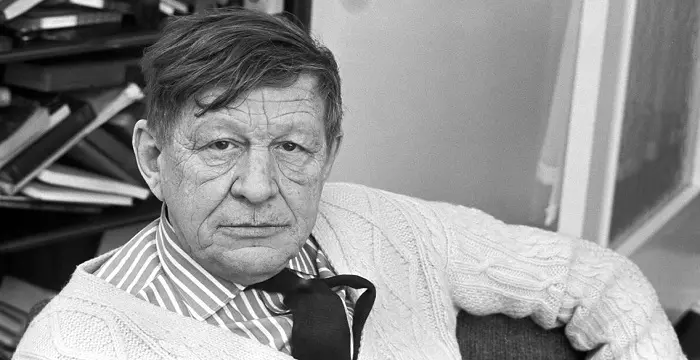
W. H. Auden - Writers, Timeline and Childhood
W. H. Auden's Personal Details
Wystan Hugh Auden was an Anglo-American poet considered to be one of the greatest writers of the 20th century
| Information | Detail |
|---|---|
| Birthday | February 21, 1907 |
| Died on | September 29, 1973 |
| Nationality | British |
| Famous | Humanitarian, Oxford University, Writers, Poets |
| Spouses | Erika Mann |
| Siblings | George Bernard Auden, John Bicknell Auden |
| Known as | W.H. Auden, Wystan Hugh Auden, Auden, W.H. |
| Universities |
|
| Notable Alumnis |
|
| Birth Place | York |
| Religion | Anglicanism, Christianity |
| Gender | Male |
| Father | George Augustus Auden |
| Mother | Constance Rosalie Bicknell Auden |
| Sun Sign | Pisces |
| Born in | York |
| Famous as | Poet |
| Died at Age | 66 |
// Famous Oxford University
Rupert Murdoch
Rupert Murdoch is a renowned Australian business magnate famous for his establishment, ‘News Corporation’ in the US. Read on for detailed information about his childhood, profile, career and timeline
John Donne
John Donne was a famous English poet, satirist, lawyer and priest of his time. Check out this biography to know about his childhood, family life, achievements and other facts related to his life.
Michael York
Michael York is a famous English actor who has enjoyed a busy and varied career in both, television and film. Explore this biography to learn more about his profile, childhood, life and timeline.
W. H. Auden's photo
Who is W. H. Auden?
Wystan Hugh Auden was an Anglo-American poet considered to be one of the greatest writers of the 20th century. He aspired to become a mining engineer till his early teens but soon realized his passion for words and understood that poetry was his calling. In 1928 a friend hand-printed his collection titled ‘Poems’, but it wasn’t until 1930 when another collection, also titled ‘Poems’, with different content was published, that Auden was established as the leading voice of a new generation. His father was a physician and his mother was a strict and devout Anglican, and their collaborative teachings are reflected in Auden’s poems in varying degrees. His poems were penned in almost all imaginable forms of verse with his technical virtuosity being the highlight. He based his poems on popular culture, vernacular speeches and current events with his vast knowledge of a variety of literatures, art forms, social and political theories, and scientific and technical information serving as the inspiration and base. Several of his books and poems were written after his visits to countries torn by political strife. It is said that from the 1930s he became more of a left-wing political poet, but close scrutiny of his works suggests that it was equivocal and appealed to the goodness residing in the heart of every human being
// Famous Humanitarian
Joyce Meyer
Joyce Meyer is a Christian author and speaker. This biography provides detailed information about her childhood, life, achievements, works & timeline
Swami Vivekananda
Swami Vivekananda was the chief disciple of Sri Ramakrishna, and was responsible for awakening India spiritually. Check this biography to know in detail about his life, profile and timeline.
Nicole Kidman
Nicole Kidman is one of the most talented actors that the Hollywood film industry can boast of. Browse through this biography to get detailed information regarding her life, childhood, profile & timeline
Childhood & Early Life
W. H. Auden was born on February 21, 1907 in York, England as the third son to George Augustus, who was a physician, and Constance Rosalie, a trained missionary nurse and a strict Anglican.
He had two elder brothers; George Bernard who became a farmer and John Bicknell who grew up to be a geologist. Auden realized that he had lost his faith during his teens.
His first went to the St. Edmund’s School in Surrey and when he was 13 joined the Gresham’s School in Norfolk where his first poems were published in 1923. He eventually graduated with a third-class degree in 1928 from Christ Church, Oxford University.
Career
Auden’s first book titled ‘Poems’ featured an approximate 20 poems and was published privately by his friend, Stephen Spender, in 1928.
After graduation W. H. Auden went to Berlin for a few months and there he fell in love with the German language and poetry. He returned, and in 1930 became a schoolmaster in Scotland and England for the next five years.
In 1930 Auden published another collection by the same name ‘Poems’ which included a drama and 30 short poems. The book featured his first dramatic work ‘Paid on Both Sides: A Charade’ which was a fascinating amalgam of Icelandic sagas and English school life.
In several of his works he constantly highlighted the difference between the biological and the psychological evolution of individuals and their cultures, and maintained a certain obsession with unseen psychological effects (or his so-called family ghosts).
In the 1930s he was regarded as a political poet as his work expressed left-wing views and he continuously analyzed the evils of Capitalist society. In many poems he dwells on bringing a revolutionary change in the society through a change in the hearts of the people.
He also ventured into the film industry and he worked with the G.P.O. Film Unit and wrote his famous verse commentary for the 1936 documentary film ‘Night Mail’.
The 31-poem book ’Look, Stranger’ was released in UK, in 1936, and in U.S. in 1937 with the title ‘On This Island’, which was Auden’s preferred title.
His work ’Letters from Iceland’ (1937) is a travel book in prose and verse, co-written with Louis MacNeice, which features a series of letters and travel notes by the two during their trip to Iceland. His poem ‘Spain’ was an account of his experiences in Spain during the civil war of 1936 to 1939.
In 1940 varying reasons led him back to his Anglican Communion and he joined the Episcopal Church. His return to religion also left an impression on his writing as now the themes were more religious and spiritual, rather than political. With more writing, he became quite comfortable and apt and soon started using syllabic verses.
He taught English at the Michigan University in 1941 for a year and then at the Swarthmore College for the next three years.
In the summer of 1945 he underwent a yet another inspiration-drawing stay in Germany with the US Strategic Bombing Survey, where he studied the effects of US bombing on the German morale.
He settled in Manhattan after coming back from Germany and became a lecturer at The New School for Social Research. He also served as a visiting professor at numerous other colleges and became a naturalized US citizen in 1946.
From 1948 to 1957 he spent some months in Europe every year and incorporated these experiences in several poems including ‘A Walk after Dark’ and ‘The Love Feast’.
From the early 1960s he started increasing his range of styles which could be easily seen in his books like ‘Homage to Clio’ (1960), ‘The Dyer’s Hand’ (1962), and ‘About the House’ (1965).
The poems ‘Prologue at Sixty’ and ‘Forty Years On’ were published in the 1969 book ‘City without Walls’ and described the poet’s life so far.
’A Certain World: A Commonplace Book’ was published in 1970 and acted as a self-portrait for Auden. The book contained his selected quotations in an alphabetical sequence.
In his last books of verses, ‘Epistle to a Godson’ (1972) and the unfinished ‘Thank You, Fog’ the themes focused on language and the poet’s ageing.
Major Works
W. H. Auden wrote the poem ‘The Age of Anxiety: A Baroque Eclogue’ in 1947 and a year later won the Pulitzer Prize for Poetry for it. The writing style is a modernized version of Anglo-Saxon alliterative verse and the poem revolves around four characters. The theme of the poem is the quest of human beings to find the real reason and purpose of their existence in this ever changing world.
Awards & Achievements
W. H. Auden won the Pulitzer Prize for Poetry for his long-poem ‘The Age of Anxiety: A Baroque Eclogue’ in 1948.
He was honored with the Bollingen Prize in Poetry in 1954.
He received the National Book Award for Poetry for his book ‘The Shield of Achilles’ in 1956. He was also a prestigious member of the American Academy of Arts and Letters honorary society.
Personal Life & Legacy
W. H. Auden married only once in his life and that too was to help a friend, Erika Mann, get British Citizenship so that she could escape from the clutches of the Nazi Germans. The marriage remained unconsummated and the couple parted ways soon after.
After shifting to the US from Britain in 1939 he met the love of his life – Chester Kallman. Kallman too was a poet and the couple remained as lovers for the next two years. As Kallman feared commitment she eventually distanced herself from the relationship but remained a lifetime friend of Auden and shared a house with him till his demise on 29 September 1973.
// Famous Writers
Joyce Meyer
Joyce Meyer is a Christian author and speaker. This biography provides detailed information about her childhood, life, achievements, works & timeline
Temple Grandin
Temple Grandin is a well-known American writer, autistic activist and animal expert. This biography profiles her childhood, life, achievements, career and timeline
Tennessee Williams
Tennessee Williams was one of the greatest playwrights of the 20th century. This biography of Tennessee Williams provides detailed information about his childhood, life, achievements, works and timeline.
W. H. Auden's awards
| Year | Name | Award |
|---|---|---|
Other | ||
| 1942 | Guggenheim Fellowship for Creative Arts;US & Canada | |
| 1970 | St. Louis Literary Award | |
| 1968 | American Academy of Arts and Letters Gold Medal for Poetry | |
| 0 | 1948 - Pulitzer Prize for Poetry - The Age of Anxiety | |
| 0 | 1954 - Bollingen Prize | |
| 0 | 1956 - National Book Award for Poetry - The Shield of Achilles | |
W. H. Auden biography timelines
- // 21st Feb 1907W. H. Auden was born on February 21, 1907 in York, England as the third son to George Augustus, who was a physician, and Constance Rosalie, a trained missionary nurse and a strict Anglican.
- // 1923 To 1928His first went to the St. Edmund’s School in Surrey and when he was 13 joined the Gresham’s School in Norfolk where his first poems were published in 1923. He eventually graduated with a third-class degree in 1928 from Christ Church, Oxford University.
- // 1928Auden’s first book titled ‘Poems’ featured an approximate 20 poems and was published privately by his friend, Stephen Spender, in 1928.
- // 1930After graduation W. H. Auden went to Berlin for a few months and there he fell in love with the German language and poetry. He returned, and in 1930 became a schoolmaster in Scotland and England for the next five years.
- // 1930In 1930 Auden published another collection by the same name ‘Poems’ which included a drama and 30 short poems. The book featured his first dramatic work ‘Paid on Both Sides: A Charade’ which was a fascinating amalgam of Icelandic sagas and English school life.
- // 1936He also ventured into the film industry and he worked with the G.P.O. Film Unit and wrote his famous verse commentary for the 1936 documentary film ‘Night Mail’.
- // 1936 To 1937The 31-poem book ’Look, Stranger’ was released in UK, in 1936, and in U.S. in 1937 with the title ‘On This Island’, which was Auden’s preferred title.
- // 1936 To 1939His work ’Letters from Iceland’ (1937) is a travel book in prose and verse, co-written with Louis MacNeice, which features a series of letters and travel notes by the two during their trip to Iceland. His poem ‘Spain’ was an account of his experiences in Spain during the civil war of 1936 to 1939.
- // 1939 To 29th Sep 1973After shifting to the US from Britain in 1939 he met the love of his life – Chester Kallman. Kallman too was a poet and the couple remained as lovers for the next two years. As Kallman feared commitment she eventually distanced herself from the relationship but remained a lifetime friend of Auden and shared a house with him till his demise on 29 September 1973.
- // 1940In 1940 varying reasons led him back to his Anglican Communion and he joined the Episcopal Church. His return to religion also left an impression on his writing as now the themes were more religious and spiritual, rather than political. With more writing, he became quite comfortable and apt and soon started using syllabic verses.
- // 1941He taught English at the Michigan University in 1941 for a year and then at the Swarthmore College for the next three years.
- // 1945In the summer of 1945 he underwent a yet another inspiration-drawing stay in Germany with the US Strategic Bombing Survey, where he studied the effects of US bombing on the German morale.
- // 1946He settled in Manhattan after coming back from Germany and became a lecturer at The New School for Social Research. He also served as a visiting professor at numerous other colleges and became a naturalized US citizen in 1946.
- // 1947W. H. Auden wrote the poem ‘The Age of Anxiety: A Baroque Eclogue’ in 1947 and a year later won the Pulitzer Prize for Poetry for it. The writing style is a modernized version of Anglo-Saxon alliterative verse and the poem revolves around four characters. The theme of the poem is the quest of human beings to find the real reason and purpose of their existence in this ever changing world.
- // 1948 To 1957From 1948 to 1957 he spent some months in Europe every year and incorporated these experiences in several poems including ‘A Walk after Dark’ and ‘The Love Feast’.
- // 1948W. H. Auden won the Pulitzer Prize for Poetry for his long-poem ‘The Age of Anxiety: A Baroque Eclogue’ in 1948.
- // 1954He was honored with the Bollingen Prize in Poetry in 1954.
- // 1956He received the National Book Award for Poetry for his book ‘The Shield of Achilles’ in 1956. He was also a prestigious member of the American Academy of Arts and Letters honorary society.
- // 1960 To 1965From the early 1960s he started increasing his range of styles which could be easily seen in his books like ‘Homage to Clio’ (1960), ‘The Dyer’s Hand’ (1962), and ‘About the House’ (1965).
- // 1969The poems ‘Prologue at Sixty’ and ‘Forty Years On’ were published in the 1969 book ‘City without Walls’ and described the poet’s life so far.
- // 1970’A Certain World: A Commonplace Book’ was published in 1970 and acted as a self-portrait for Auden. The book contained his selected quotations in an alphabetical sequence.
- // 1972In his last books of verses, ‘Epistle to a Godson’ (1972) and the unfinished ‘Thank You, Fog’ the themes focused on language and the poet’s ageing.
// Famous Poets
Charles Bukowski
Charles Bukowski was a German-born American novelist, short story writer and poet. With this biography, learn in details about his childhood, life, works, career and timeline
Seamus Heaney
Nobel Laureate Seamus Heaney was an Irish poet, playwright and translator. Know about his profile, childhood, life and timeline in the biography below.
Walt Whitman
Walt Whitman was an American poet, journalist and humanist. Read this brief biography to find more on his life & timeline.
Francesco Petrarch
Fêted as the “Father of Humanism”, Francesco Petrarch is one of the most influential literary figures the world has ever had. Explore this biography to know about his childhood, life and timeline.
Sarojini Naidu
Sarojini Naidu was an Indian freedom fighter and poet. Read this brief biography to find more on her life.
Abdolkarim Soroush
Abdolkarim Soroush is a reformer, thinker, and Rumi scholar belonging to Iran. Soroush is also a prominent figure in Iran’s religious movement. This biography provides detailed information about her childhood, life, achievements, works & timeline.
W. H. Auden's FAQ
What is W. H. Auden birthday?
W. H. Auden was born at 1907-02-21
When was W. H. Auden died?
W. H. Auden was died at 1973-09-29
Where was W. H. Auden died?
W. H. Auden was died in Vienna
Which age was W. H. Auden died?
W. H. Auden was died at age 66
Where is W. H. Auden's birth place?
W. H. Auden was born in York
What is W. H. Auden nationalities?
W. H. Auden's nationalities is British
Who is W. H. Auden spouses?
W. H. Auden's spouses is Erika Mann
Who is W. H. Auden siblings?
W. H. Auden's siblings is George Bernard Auden, John Bicknell Auden
What was W. H. Auden universities?
W. H. Auden studied at Oxford University, Christ Church, Oxford, Gresham's School, 1928 - University of Oxford
What was W. H. Auden notable alumnis?
W. H. Auden's notable alumnis is Oxford University
What is W. H. Auden's religion?
W. H. Auden's religion is Anglicanism, Christianity
Who is W. H. Auden's father?
W. H. Auden's father is George Augustus Auden
Who is W. H. Auden's mother?
W. H. Auden's mother is Constance Rosalie Bicknell Auden
What is W. H. Auden's sun sign?
W. H. Auden is Pisces
How famous is W. H. Auden?
W. H. Auden is famouse as Poet

